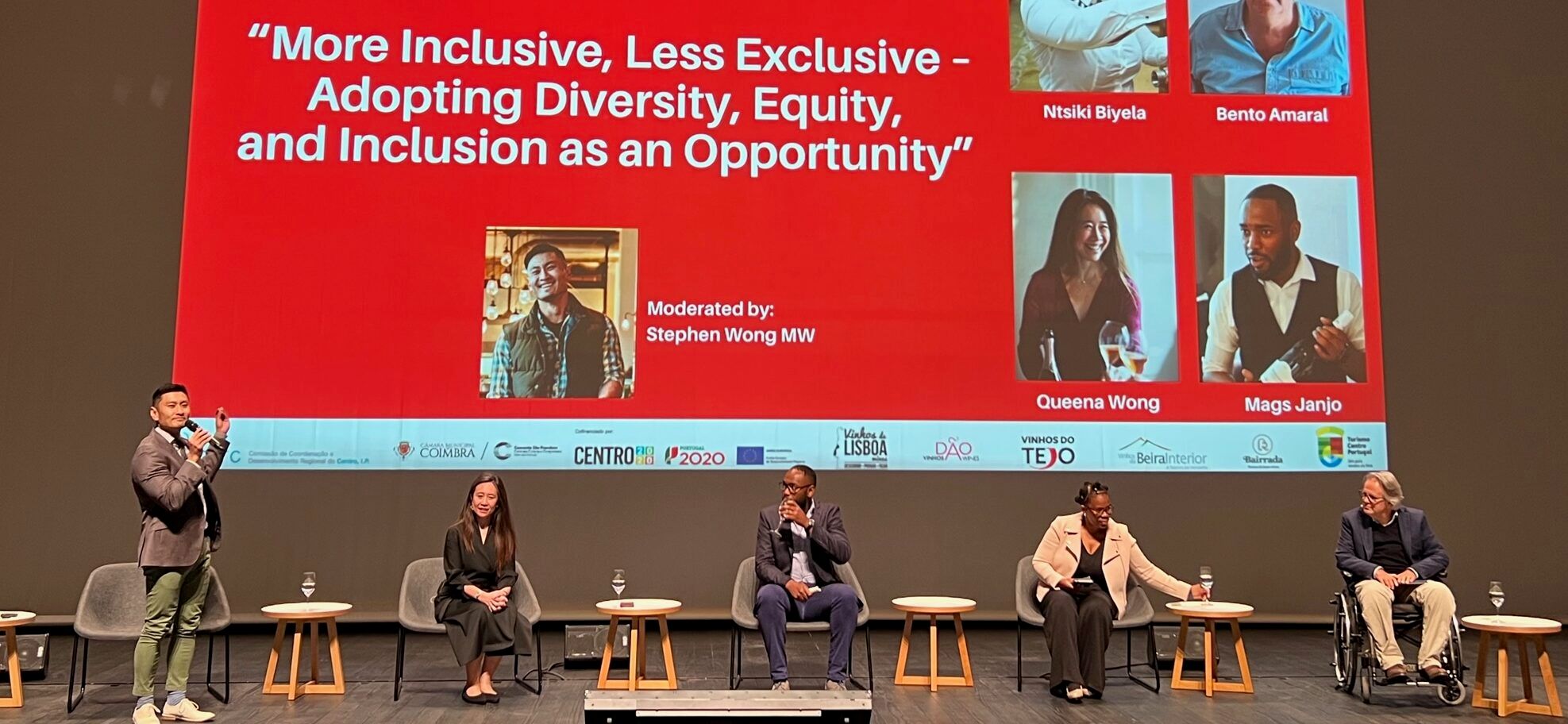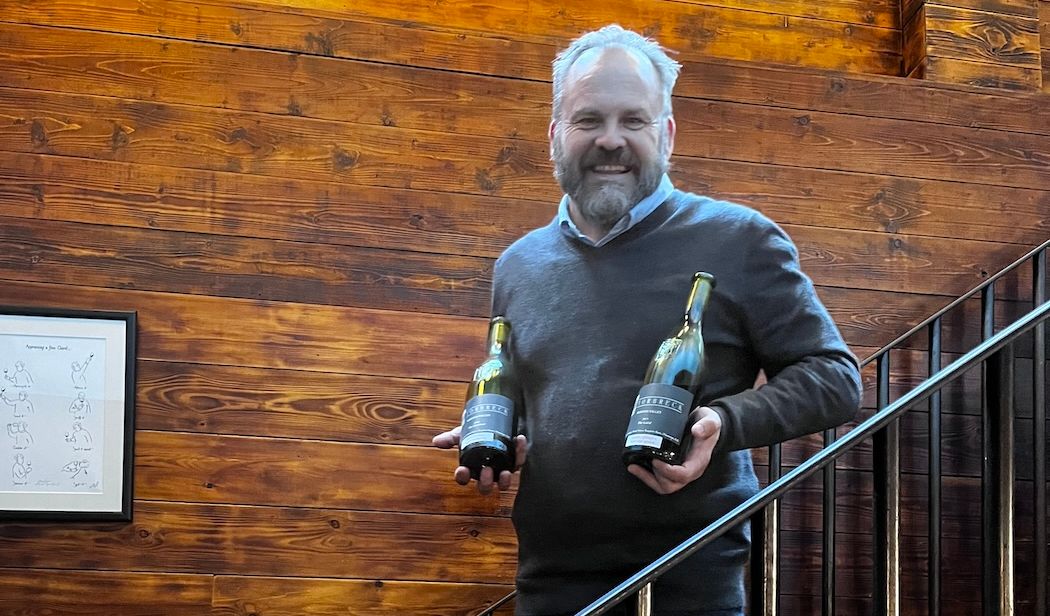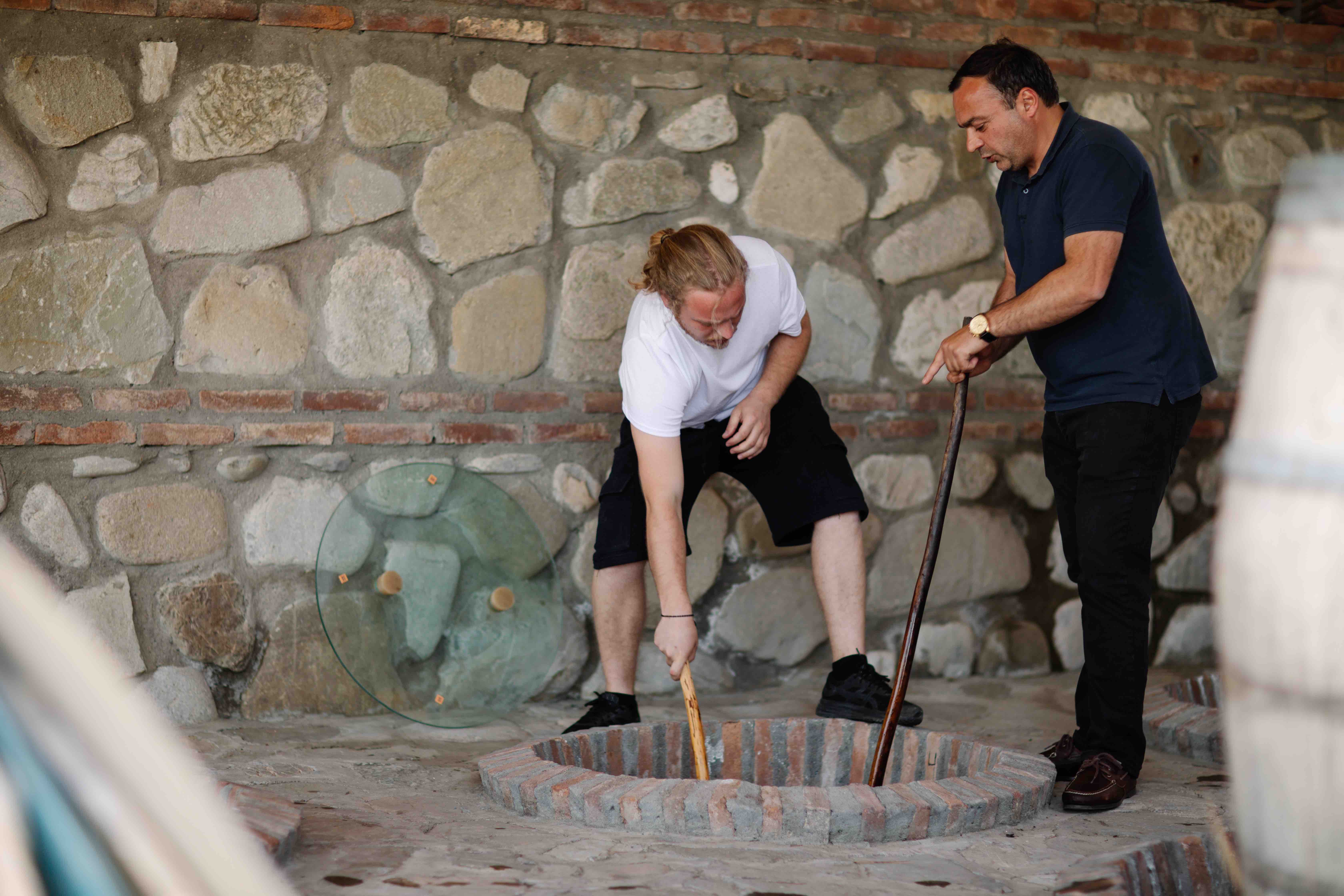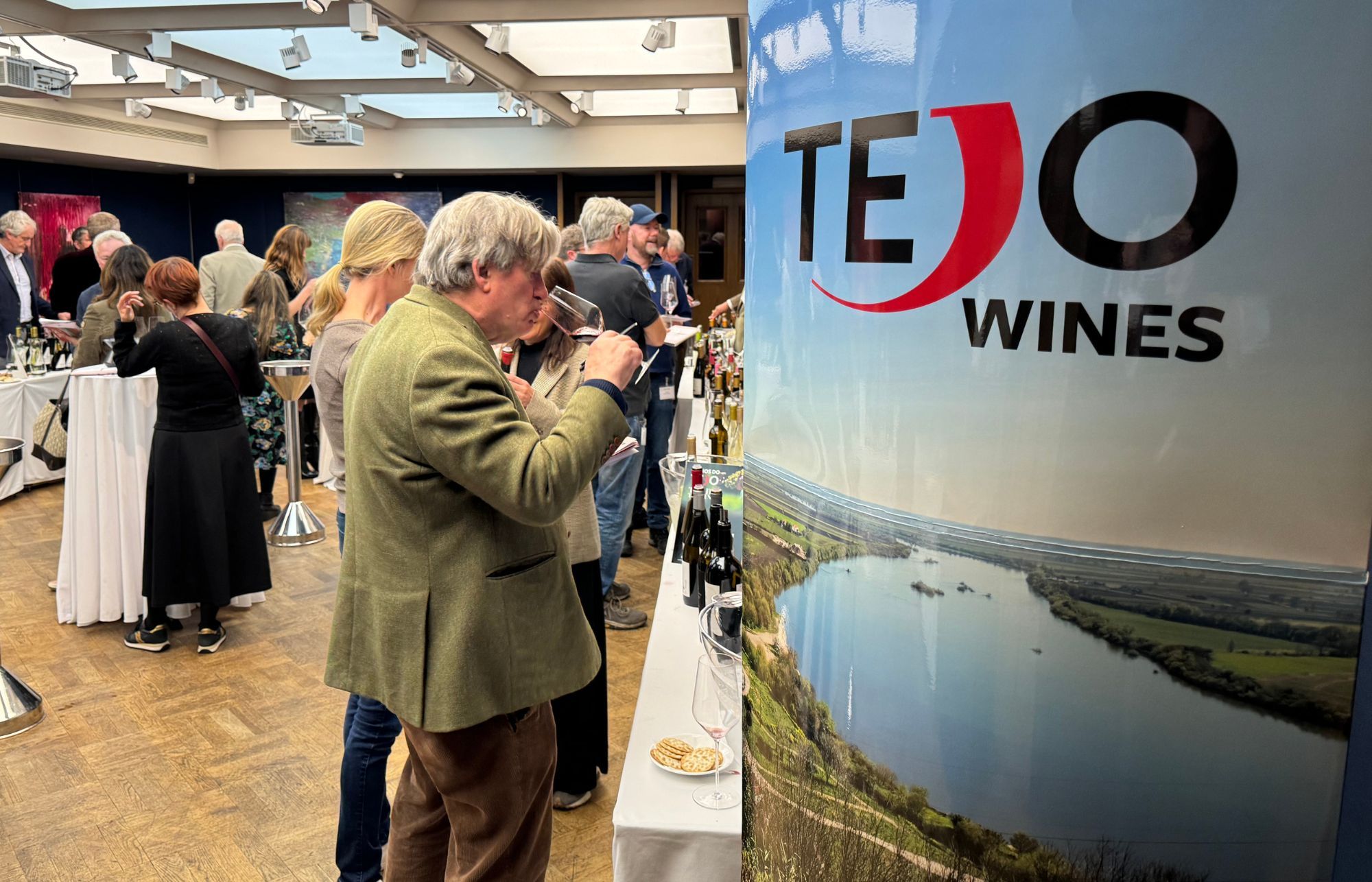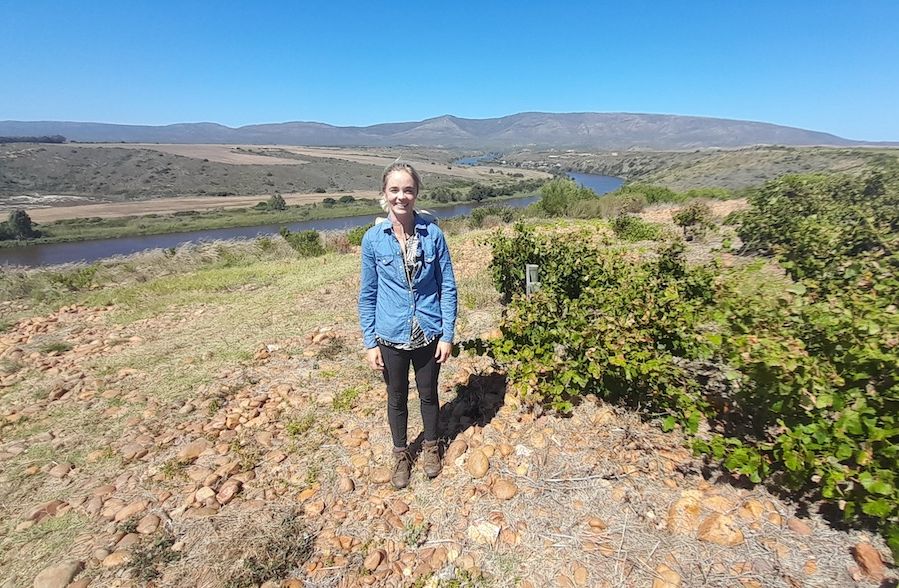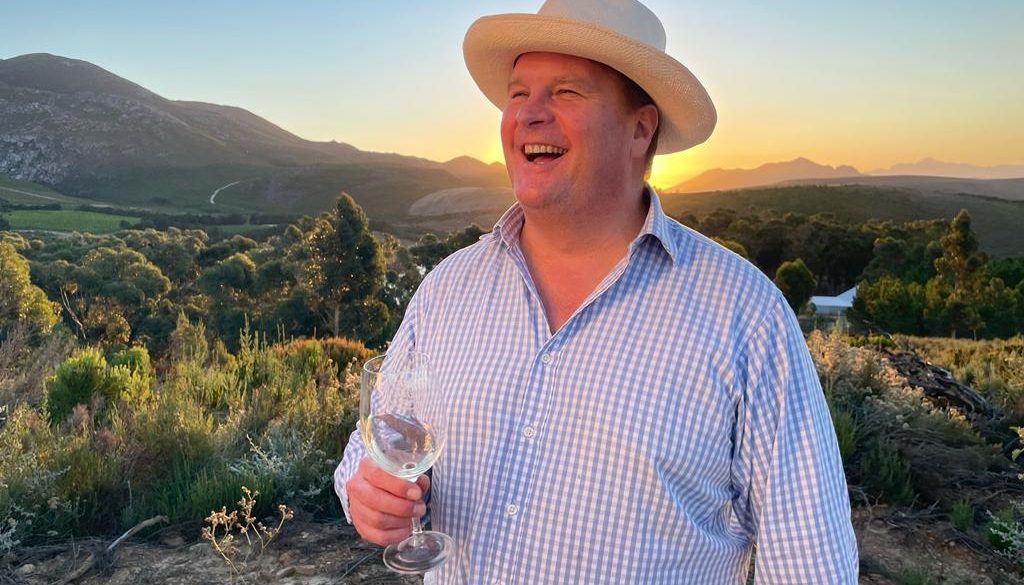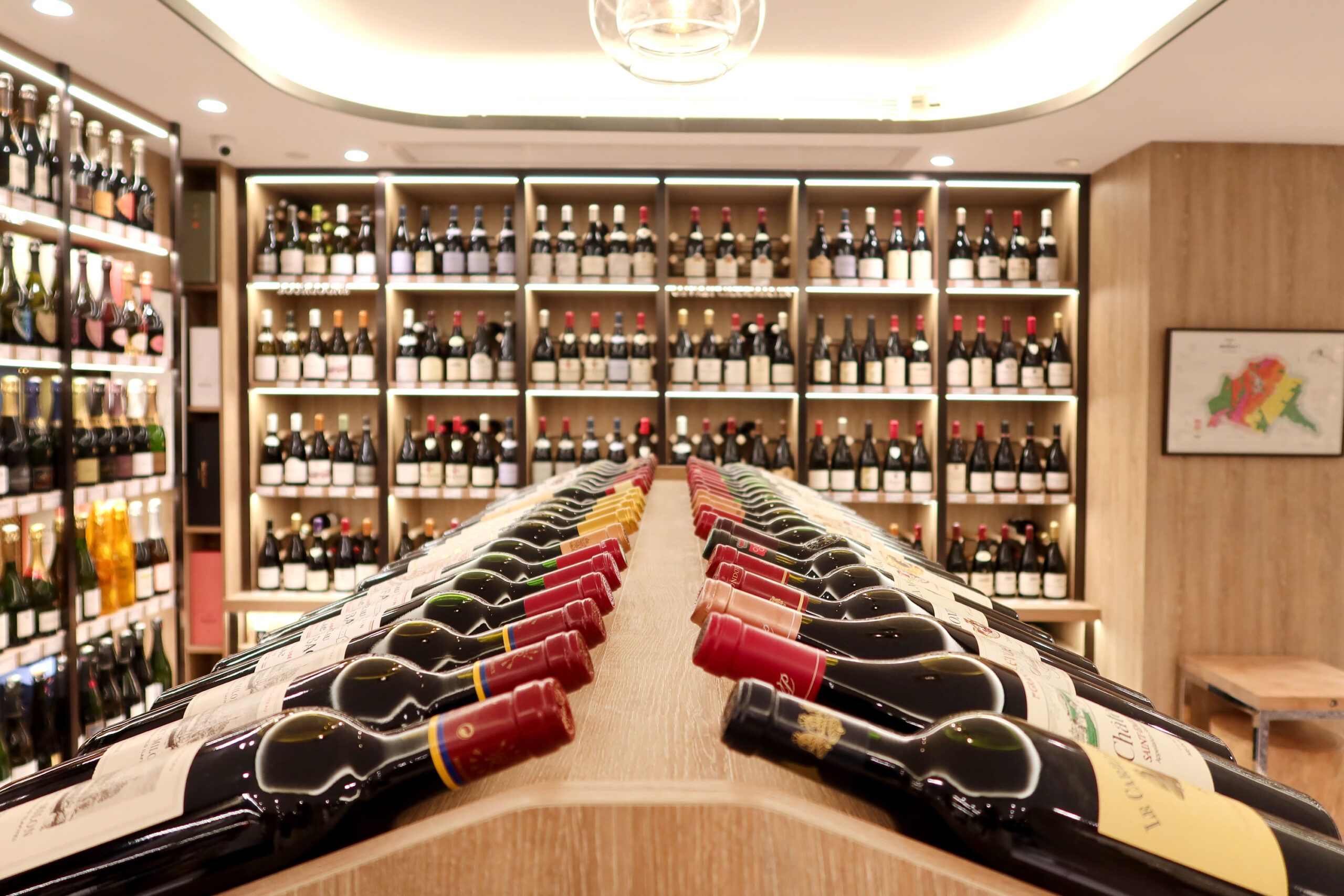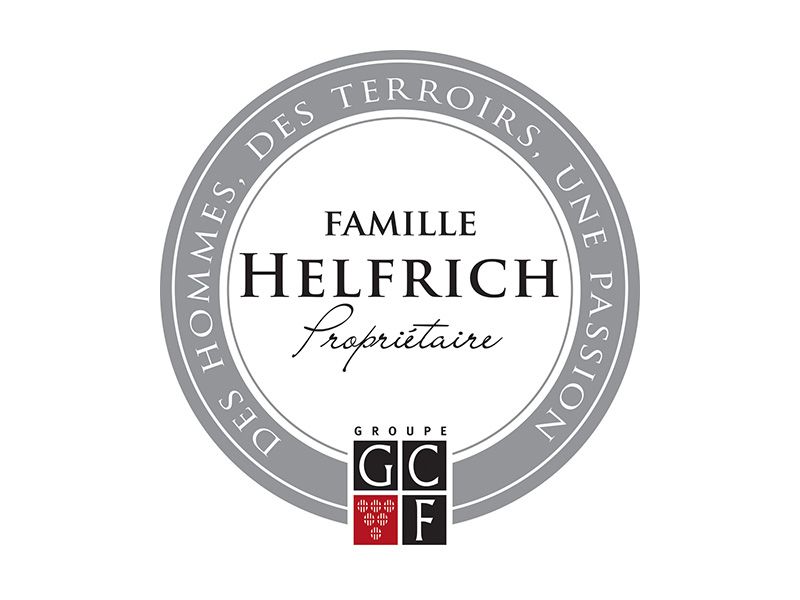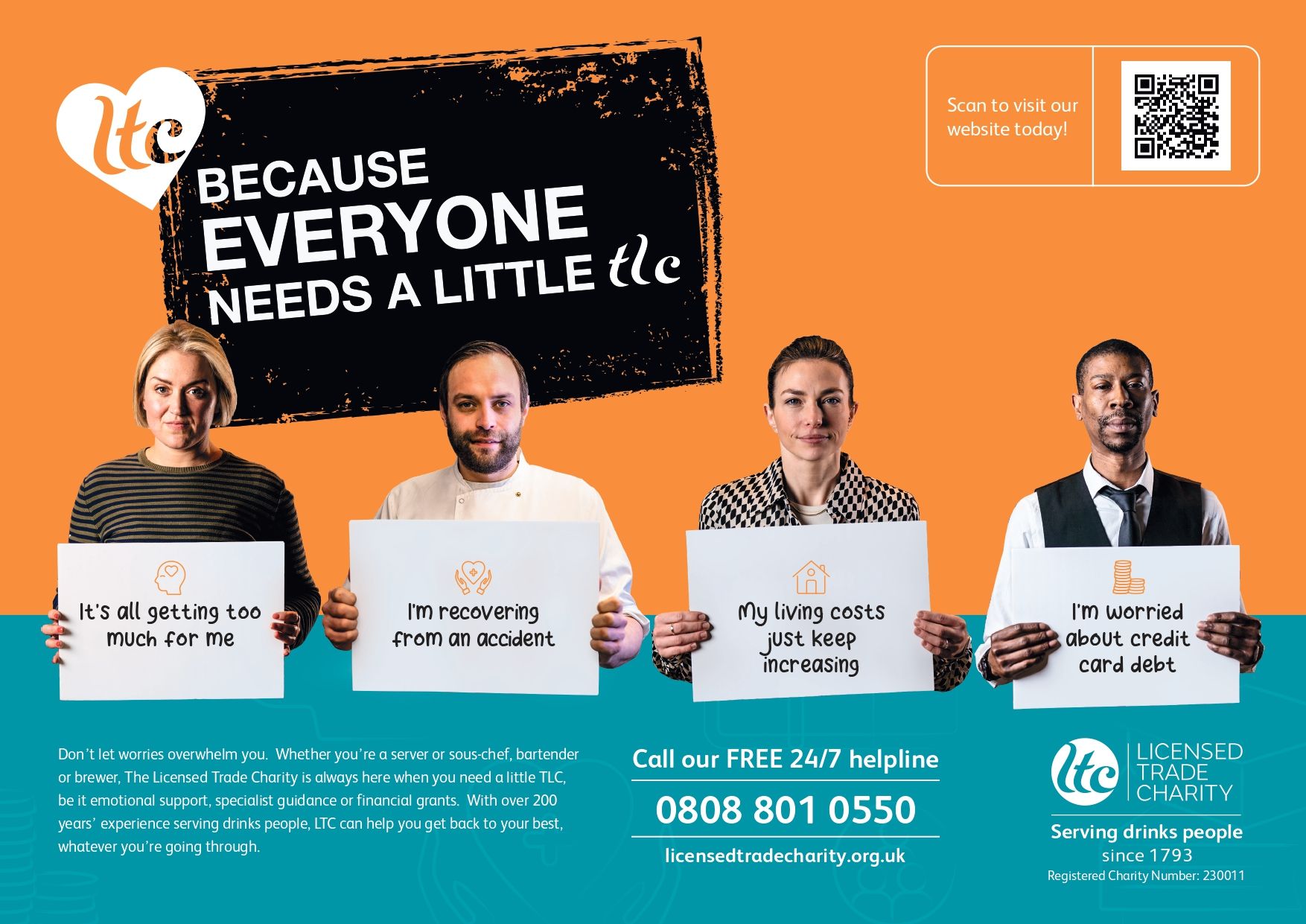You can watch the diversity and inclusion session at Wine Future for yourself by signing up to receive the videos and and transcripts from all the the main panels and debates at the event. Click here for more details and how to take advantage of a 10% discount as a reader of The Buyer.
“People have to want to change if they are to change,” was one of the key messages that Ntsiki Biyela, the first black winemaker in South Africa, wanted to deliver as part of the keynote panel on diversity and inclusion at last year’s Wine Future conference in Portugal.
For whist she has enjoyed so much of her time working in wine, she is also only too aware of the big, long lasting steps the wine industry still has to take if it is to really do as it promises and become truly diverse and inclusive.
She says it is good to see so many diverse policies now being put into place across the sector, but how much of it is still about “ticking a box” and not making long term effective changes to how the industry really behaves. Get it wrong and businesses risk “creating more damage” if they are not truly serious about tackling diversity and inclusion, she argues.
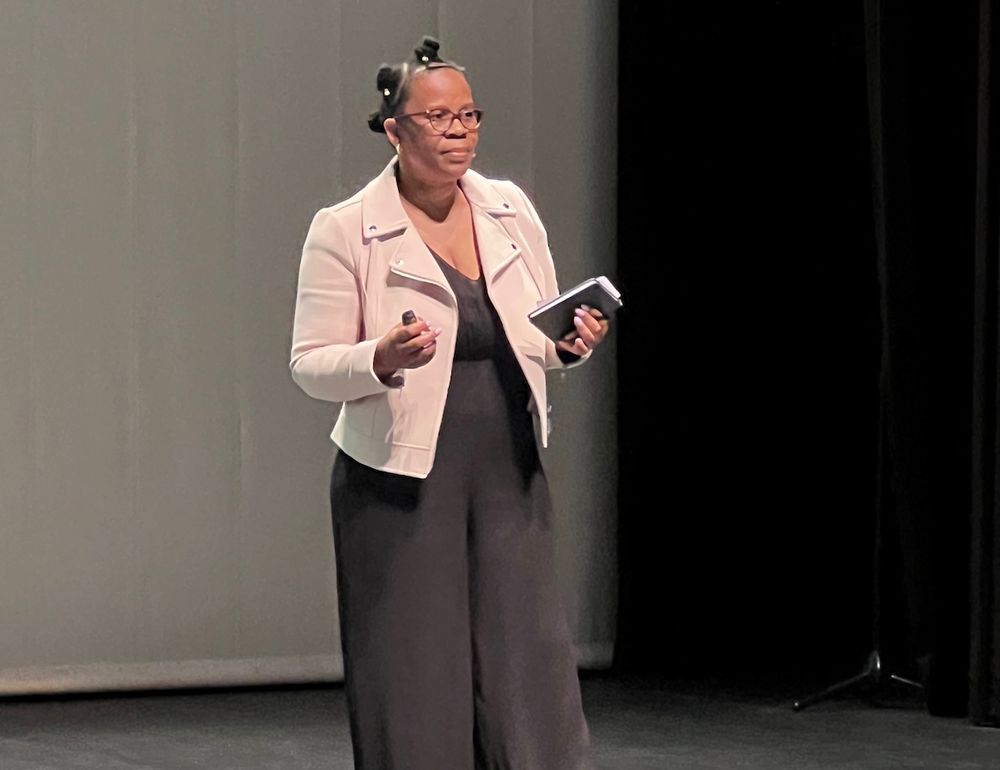
Ntsiki Biyela of Aslina Wines said the wine industry needs to go above and beyond when its comes to addressing diversity and inclusion as it has so much ground to make up
“Don’t just do it to meet a quota. You truly have to want to create a change in your business. How open are you to make a a difference? Otherwise people will be left frustrated,” she said.
She was able to tell her story about how she started out in wine having never tasted a single mouthful of wine and how she has quickly progressed to becoming a qualified winemaker, thanks to a scholarship to study at Stellenbosch University, to now having her own wine brand – Aslina Wines.
Diverse panel
Biyela was able to share her experiences alongside her fellow panelists that included Stephen Wong MW, who runs an education and hospitality consultancy business in New Zealand called Wine Sentience, Mags Jango, founder of MJ Wine Cellars, Queena Wong, founder of Curious Vines and Bento Amaral, a wine educator, and founder of Humanwinety to help empower and include minority groups in the wine and hospitality sectors.
Together they agreed much more needs to be done by the wine sector to be more inclusive in how it engages with consumers and that talking about tannins and textures, using traditional tasting notes and terms is not the way to make them feel included. It can also make the industry feel very closed off and elitist to those looking in from outside. A sector where you already need to be fully qualified and educated in wine, before you are even allowed to put your foot on the first rung on the ladder.
The wine industry needs to be far more open and welcoming in how it talks to the outside world. It needs to actively look to recruit from more diverse and underrepresented communities and look at how it can be more relevant to those job seekers and not just keep going back to the same pool of educated, middle class people from mainly white backgrounds.
If it doesn’t it risks losing even more market share to drinks categories that are seen to be more open and inclusive, warned the panel.
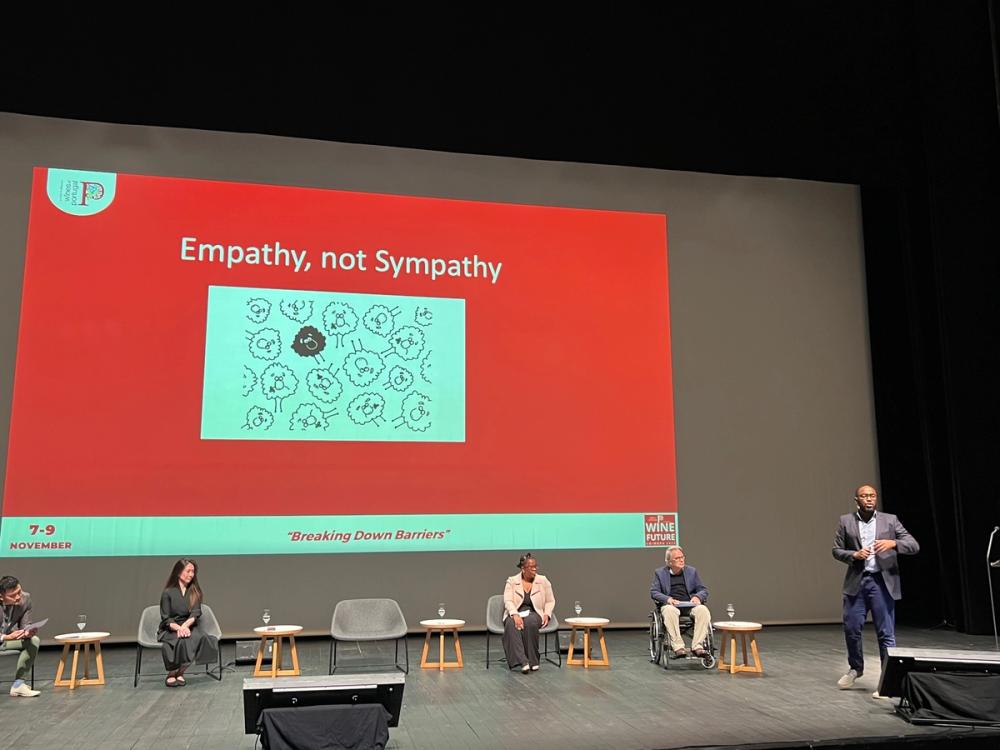
Mags Jango of UK wine importer, MJ Wine Cellars, said the wine industry needs a long-term, sustained strategy to truly tackle diversity and inclusion and not short term wine training schemes and sponsorships
“Do we carry on using the same language to appeal to them?” asked Mags Jango in a particularly hard-hitting talk.
He said he had spent some 17 years working in the wine industry and it has only been in the last three that people have been talking about diversity and inclusion. And questioned how much of that is because there is now a “moral obligation to do so”.
But done for the right reasons then diversity and inclusion “can make the world a better place,” he said.
The industry itself is also not performing well in being diverse, he added. Too much of the diversity in the industry is at the entry level and not being seen in senior management positions.
Schemes to encourage wine training and to get more diverse students taking WSET courses are good, but only to a point, said Jango. It is great to see more opportunities been given to get more people doing WSET courses, but what happens when they get to Level 2 and the funding or sponsorship of these schemes comes to an end? Where does the on-going support go? How much work is being done to then work with those newly qualified students to see what opportunities there then are in the sector?
The sector needs more long term thinking and support around diversity and inclusion and not short term projects, warned Jango. Only then will you start to get “real diversity” into the sector, he added.
Empowering women
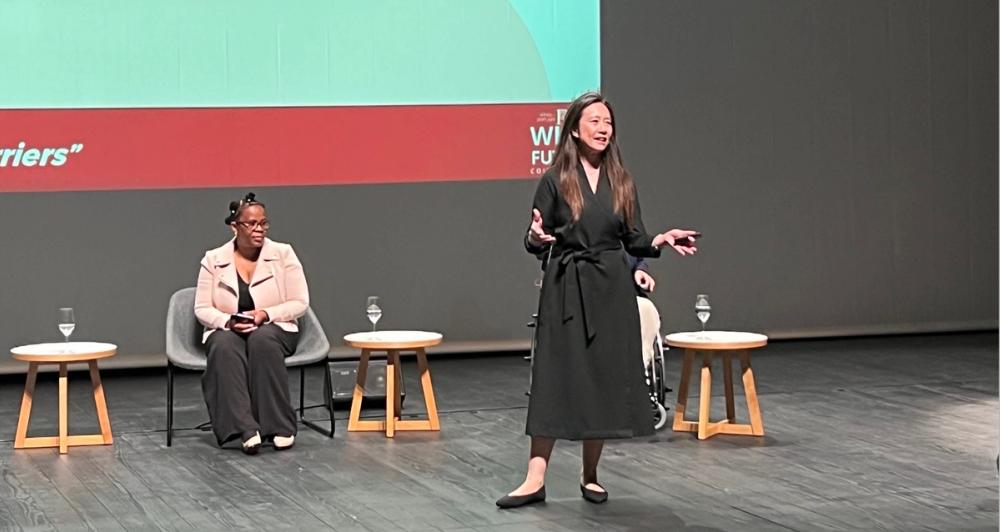
Queena Wong was able to share the results of her breakthrough research through Curious Vines on what women really think about working in the wine industry
Queena Wong was able to shine the light on how inclusive the sector is when it comes to the opportunities for women, and how they are being treated, respected and sadly, in many cases, let down by the companies and male bosses they work for.
A factor that came out loud and clear in the recent research that Wong did through Curious Vines along with Proof Insight found three quarters of women working in the wine trade thought sexism was still a major issue within the industry.
It revealed 78% of women surveyed feel that sexism, gender bias and harassment are serious issues within the industry. As a result 44% of women said they have thought of leaving the wine industry, with one in three reporting harassment during their time in the trade. One in two of those who have experienced harassment were aged between 18 – 34 years old. Strikingly only 9% said they work for a company with mostly or all women in leadership roles, compared to 68% who said their senior leadership team consists mostly of men.
Over half (54%) of women feel they are discriminated against in terms of pay and conditions and 51% who have been on maternity, or other parental leave in the last five years, said they were impacted by discrimination.
Disabled access
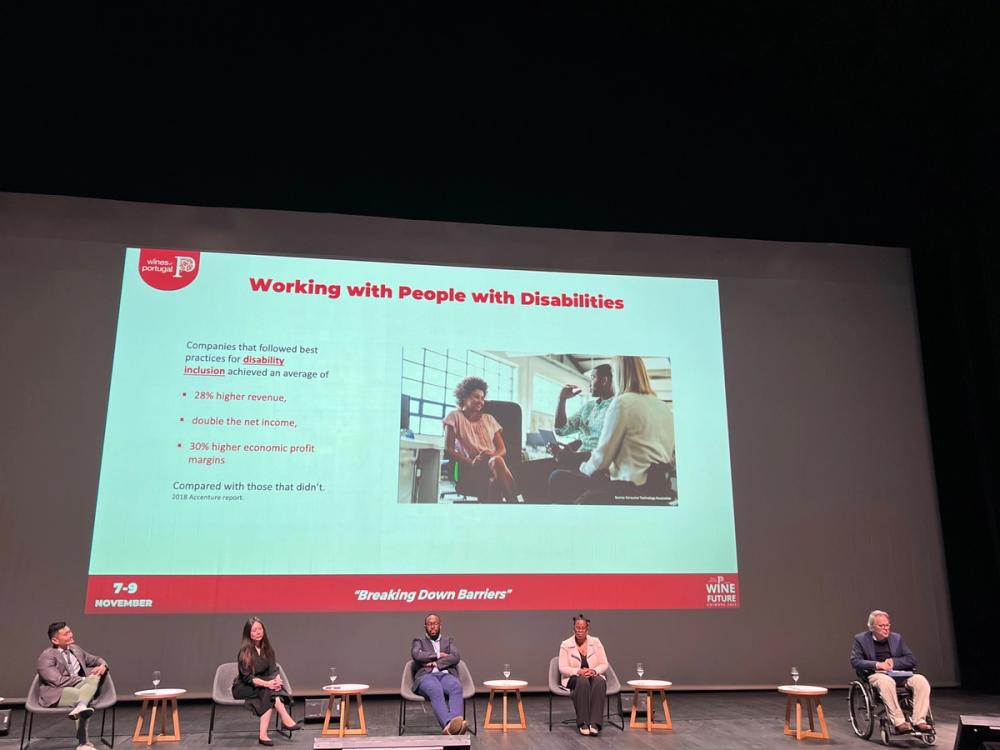
Bento Amaral shared his experiences of being disabled working in the wine industry and explained how wine companies could be more profitable but also improve their staff culture if they employed more disabled people
Amaral was able to talk about his life as a tetraplegic working in the wine industry and urged all businesses to look seriously at how they are encouraging and giving opportunities for the disabled in their businesses and the huge benefits it can bring to those that do – with up to 80% of companies and their teams performing better when they welcome disabled colleagues into their businesses. It is not just the right thing to do, it is also good for business, he said.
He pointed to Accenture research that shows companies that follow “best practices for disability inclusion” achieved 28% higher revenues, double the net income and 30% higher economic profit and margins. Compared with those that don’t.
Amaral said a truly diverse and inclusive business is one where “all people are valued and respected for what they bring to that business”. It is good for the overall staff culture as they become more aware of the barriers and challenges that people from minority groups face on a daily basis. They can all learn to work in a more collaborative and supportive way, he added.
“That then helps create a more positive and empathetic corporate culture. It increases employee morale and gives them a greater sense of belonging” to a business that is looking to do the right thing, he said. All of which helps to reduce employee turnover.
He closed his talk with a powerful message: “I want to make the world a better place. Please help me make my dream come true.”
The panel also said that whilst they welcomed the opportunity to raise these important topics and praised the Wine Future organisers for having a dedicated diversity and inclusion session during the three-day conference, it would also be good to be invited to take part in the wider business-focused sessions and not just be seen as spokespeople for diverse and underrepresented groups.
- You can read The Buyer’s analysis of other issues discussed at Wine Future here.
- To find out more about Wine Future go to its website here.
- As media partner The Buyer can offer its readers a 10% discount on the US$99 charge for accessing all speeches, talks and masterclasses at Wine Future. To find out more and to sign up for the recordings contact Patricia Jiménez at email patricia@chrand.es.
